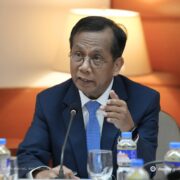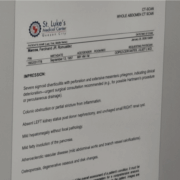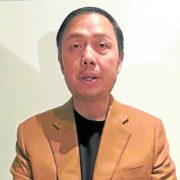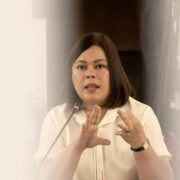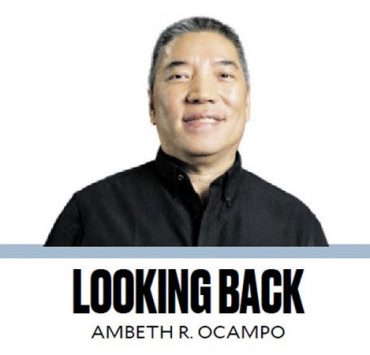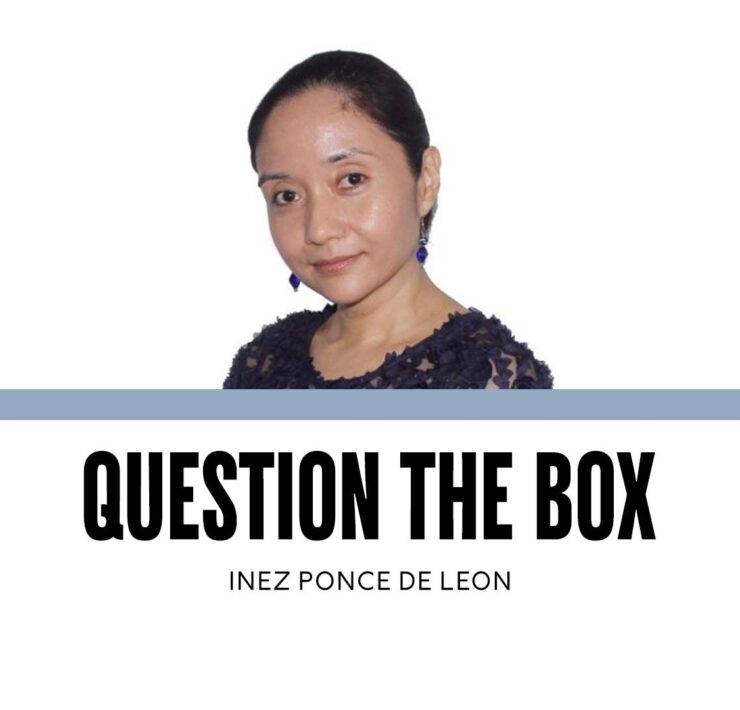Dear Jorge
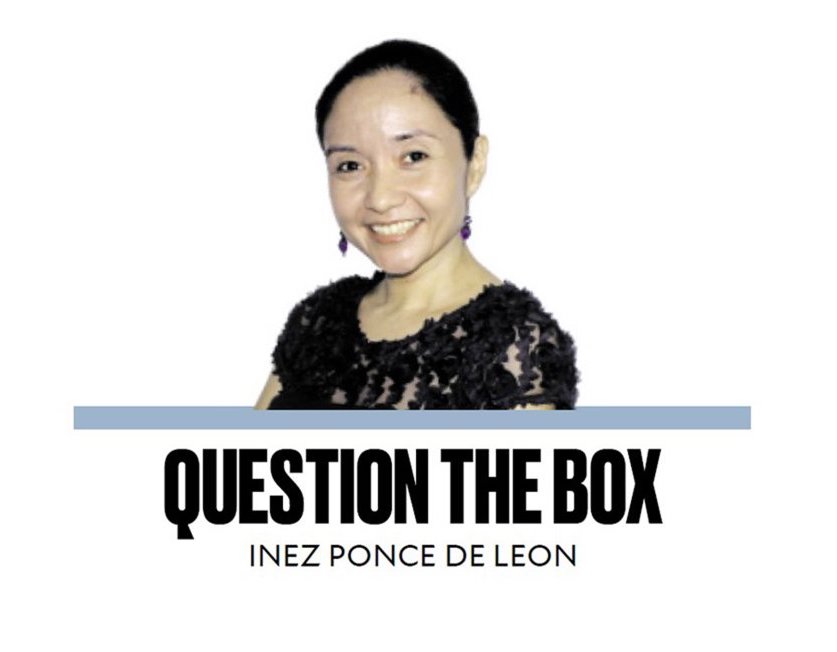
I’ve been writing my exorcism novel series for close to a decade now. I’ve designed the backdrop of evil and human weakness, drawn from both stories and experience to create the scenes, populated it with characters who are inspired by real-life people.
I’ve begun to see my characters as family, friends, echoes of my memories and dreams.
One of my major characters is instrumental in encouraging research into exorcism and possession after his years of experience in ministering to the poor of the city slums. He is always full of joy, childlike in his wonder, happy to hear the voices of the young, unafraid to criticize the old, popular, or elected.
He is an Argentinian, a Jesuit. He begins as an exorcist, who is then appointed bishop, and then cardinal until he is elected Pope. His name is Jorge.
There are no secrets as to whom he is based on.
When the news of Pope Francis’ passing arrived on Easter Monday afternoon, I felt as though a story, which I had lived, though in my imagination, had also been cut short.
I felt as though a loving counselor and mentor, who delighted in hearing the stories that would otherwise have gone unheard, who liked long conversations and loud laughter—I felt as though someone I knew so well had also died.
It was hard to separate fiction from established fact, my book Jorge from Jorge Mario Bergoglio, the exorcist I had created from the outspoken advocate who championed human rights and called for an end to war and conflict.
Pope Francis was so visible in the public eye: he courted controversy when he was true to the Gospel teachings of compassion. He filled the headlines when he spoke against the abuse of privilege. He traveled, chatted, paid his bills, took the bus, lived like an everyman.
He was still Jorge.
He picked up nicknames without having to resort to misogyny, ridicule, or off-topic, off-color remarks. He became Lolo Kiko when he visited the Philippines: a grandfather who did not push dogma, but comforted the sorrowing and suffering. He was the ”wheelchair Pope” who always went to the disabled first, talked to them, embraced them, blessed them. He was the People’s Pope, a shepherd walking amongst his sheep, always speaking their language, always in the muck and mud of human experience.
Pope Francis was so visible in the public eye that it was easy to write him into my novel, where I sought to illuminate the bright lights in the darkness of a society that delighted in death, condemned those who had lost their way, cheered for leaders who were corrupted and corrupt, and spun lies into stories and truths into deception.
I think many of us were drawn to Pope Francis’ down-to-earth approach to faith because we, too, were seeking stars in the growing blackness of the world.
Many of us wrote him into our own stories, whether we crafted feature articles or opinion pieces, whether we worked in news or fiction, whether we thought of him in silence or spoke of him in awe.
He was a character that jumped off the page, that broke free of conversations. He was often unpopular among conservatives because of his liberal views, but also unpopular among liberals because of his conservative stance on issues like abortion. He did not adhere to any party, or reduce faith to partisanship. He spoke with conviction and theology: he condemned the war on Gaza while other leaders were cautious, afraid of being labeled anti-Semitic. He championed environmental causes as other leaders showed up to climate meetings but did little to curb carbon emissions.
He always spoke up, fearless, even when no other voice joined his.
In his last homily on Easter Sunday, he once again drew upon the concepts that characterized his papacy. Always search for Jesus, not in the tomb, for He is no longer a prisoner of death. He is no fairy tale to simply recount or an ancient hero confined to a marble likeness in a museum.
We must search for Jesus in the faces of everyone we meet. We must look for Him everywhere, even in the busyness of the everyday, for He, too, is a Lord who wants to be found.
We must always go to the margins, take action for those in need, listen to the suffering.
We sit with a God who sheds tears with us, a God who adds beauty to our lives in near-invisible ways. Our God is a God of surprises.
It was as though he were giving a recap of his ideas, a summary of all that had been so that we could see the way forward.
It was as though he had crafted a quiet, gentle goodbye—but not a farewell; not a permanent dismissal, but, rather, a “See you again soon, when you learn that life is not about conquests and popularity, but about walking with each other, and speaking out even when yours is the singular voice demanding peace in a world that delights in war.”
Goodbye, Pope Francis. I hope to continue to immortalize you as Jorge: the grandfather, the mentor, the loving guardian who can talk to everyone and welcome every soul.
And your story will always be retold by all of us who saw in you a friend, a shepherd—and hope.


